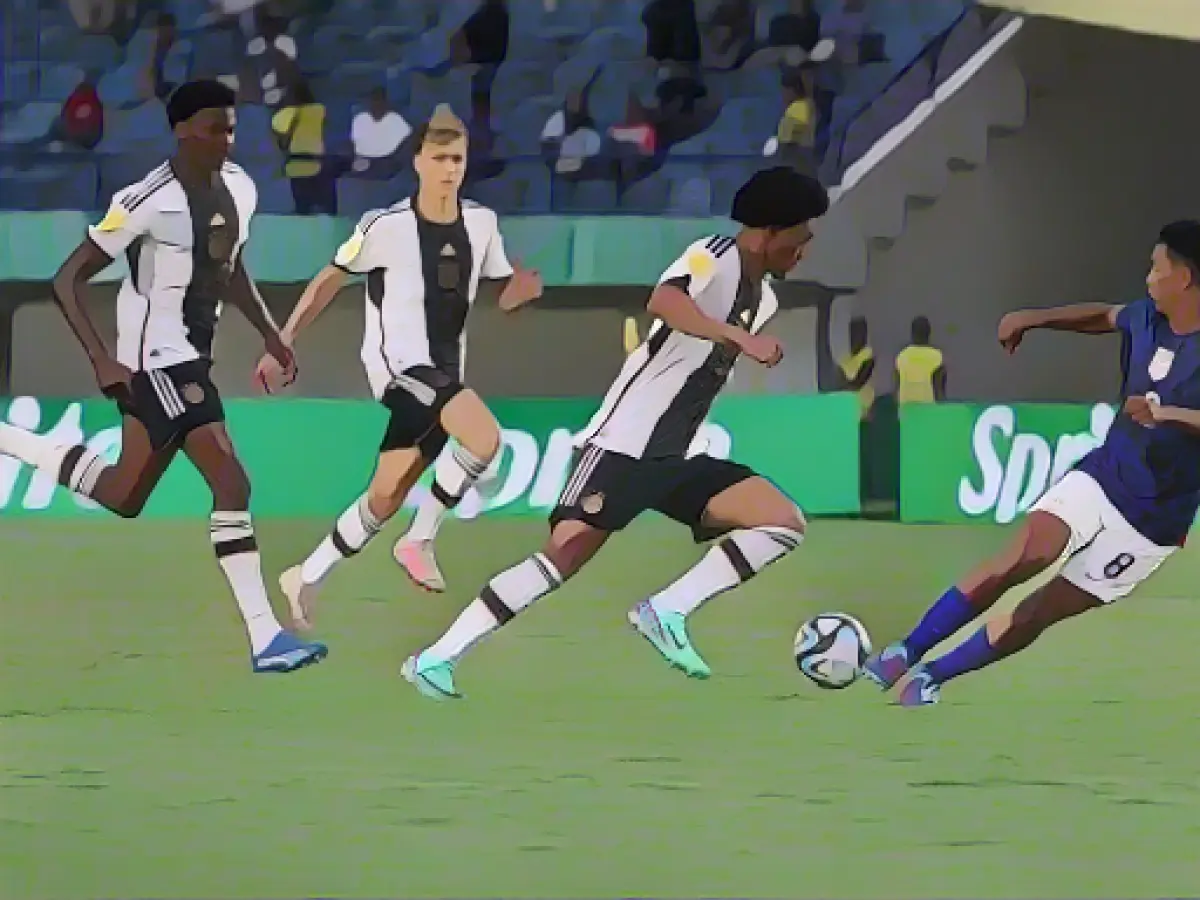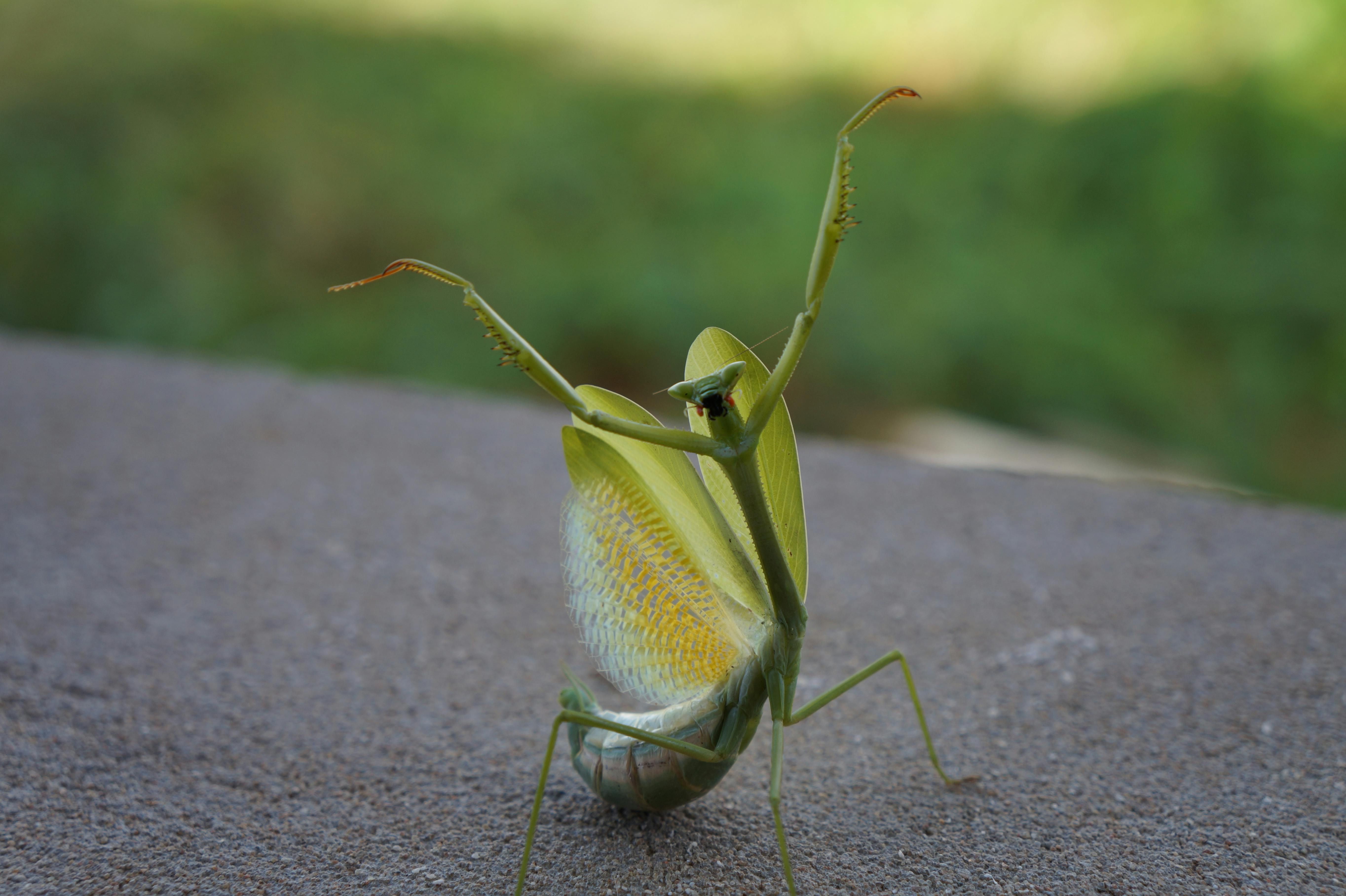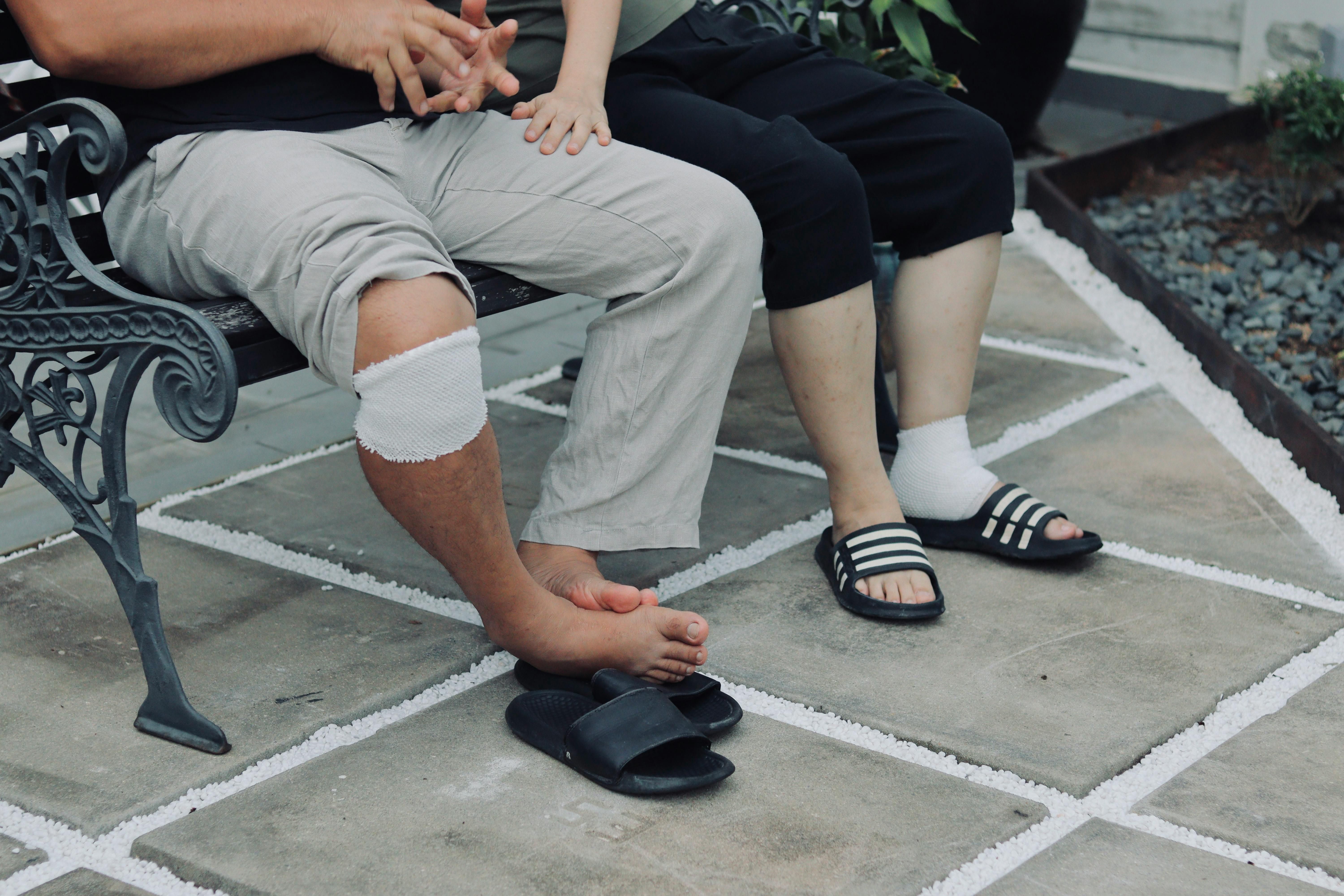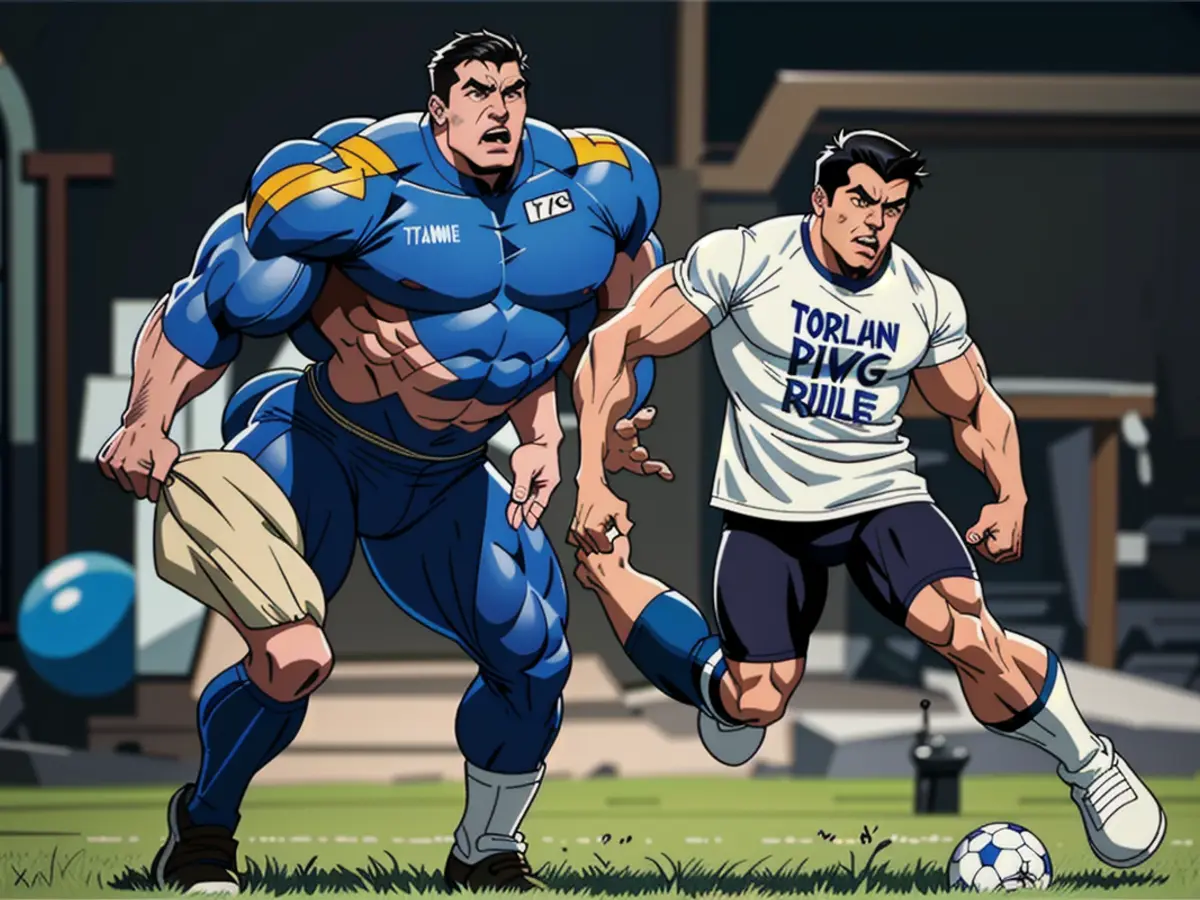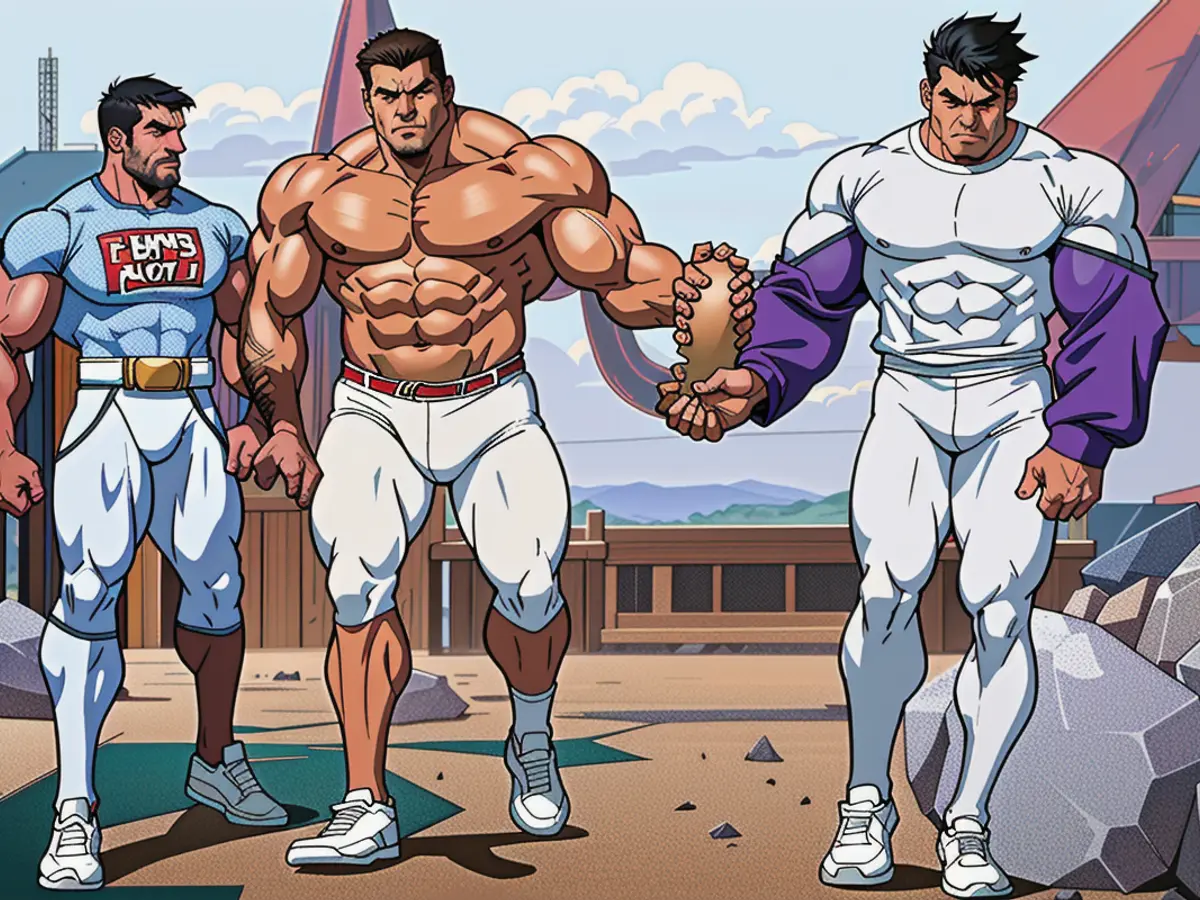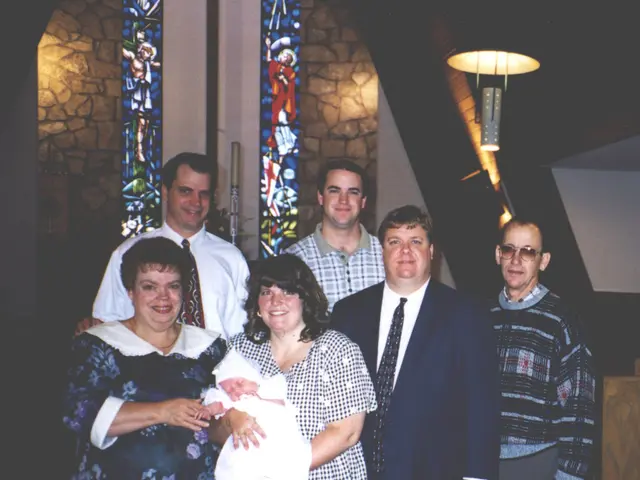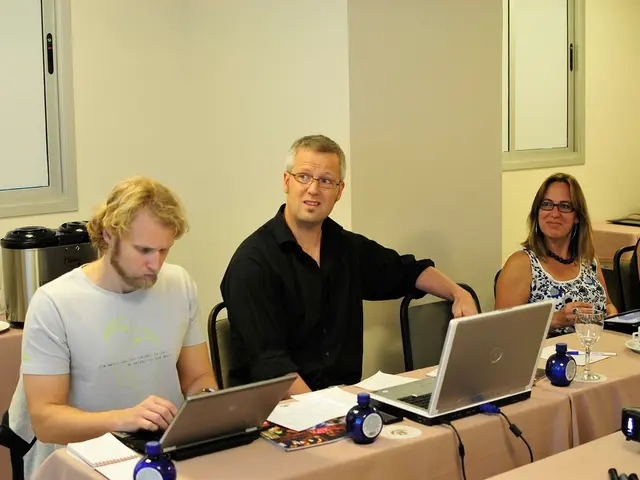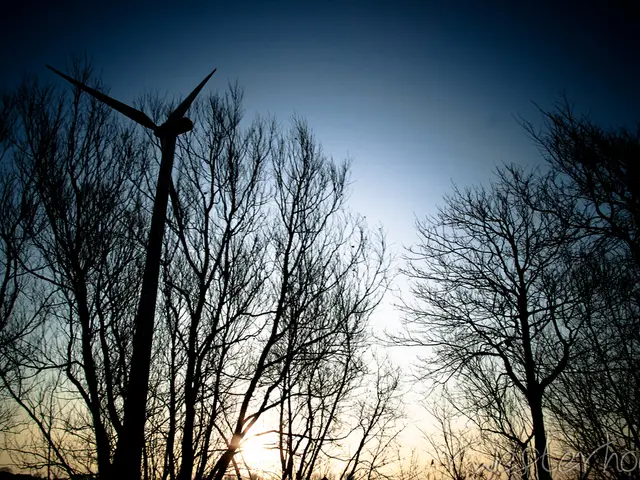Soccer's Toxic Underbelly: DFB Reacts to Racist Slurs at U17 World Cup
It's disheartening to see the dark side of soccer, but unfortunately, racist remarks have reared their ugly head in the world of football once again. This time, the German Football Association (DFB) was forced to address the issue after unwarranted slurs were hurled at U17 national team players on social media.
"We celebrate the diversity within our U17 squad, currently doing their best on the pitch in Indonesia. Valuing diversity and upholding tolerance and respect are deeply ingrained in our DFB statutes," the association declared on its junior team's Facebook page. "[If you don't share these values,] kindly unfollow us. Abusive and discriminatory comments have no space here, and they'll be swiftly deleted. We'll take legal action against such content," the post continued.
The divisive comments targeted Borussia Dortmund's Charles Herrmann, Almugera Kabar, and Paris Brunner, along with 1. FC Köln's Fayssal Harchaoui. The trio posed for a photo following a round of 16 victory against the USA at the U17 World Cup.
Soccer's Efforts to Combat Racism
While the details surrounding the DFB's response remain unclear, it's a testament to the overall fight against racism in soccer. Social media platforms and governing bodies have adapted to combat these issues, initiating reporting and investigations, implementing stricter policies, offering player support, promoting education, and imposing disciplinary actions.
FIFA and CONMEBOL's Silence
Anti-racism entities such as Kick It Out have urged FIFA and CONMEBOL to tackle racist incidents with more transparency. One example involves the Argentina team's anti-gay and racist chant scandal involving Enzo Fernández. Despite the incident, FIFA and CONMEBOL have not shared any substantial info regarding the investigation process.
Social Media Platforms' Policies
Social media platforms own anti-hate speech and harassment policies, but their effectiveness varies. For instance, FIFA's Social Media Protection Service reported nearly 50% of detected and verified abusive messages during the 2023 Women's World Cup involved homophobic, sexual, and sexist slurs. Such policies need to be reinforced, and platform operators must take swift action against offenders.
Player Support and Education
Football clubs that offer support to affected players in the face of racism set a positive example. Manchester City striker Khadija 'Bunny' Shaw, who endured racist and misogynistic abuse, received full support from her club. Chelsea midfielder Enzo Fernández, on the other hand, was given an education opportunity as a consequence of his racist and anti-gay chant scandal.
Awareness and Disciplinary Actions
Soccer governing bodies have begun imposing disciplinary measures on racist commentators. Tottenham Hotspur midfielder Rodrigo Bentancur was slapped with a seven-game ban due to his racist comments about South Koreans. Such examples encourage a societal shift, promoting a soccer environment that is free of racism.
In conclusion, the DFB's response to the racism faced by its U17 players may not be well-documented, but the efforts made by soccer governing bodies and social media platforms to combat racism are a step in the right direction. Time and time again, athletes and governing bodies must never shy away from addressing the issue head-on and striving for a more inclusive, respectful, and fair soccer community.
